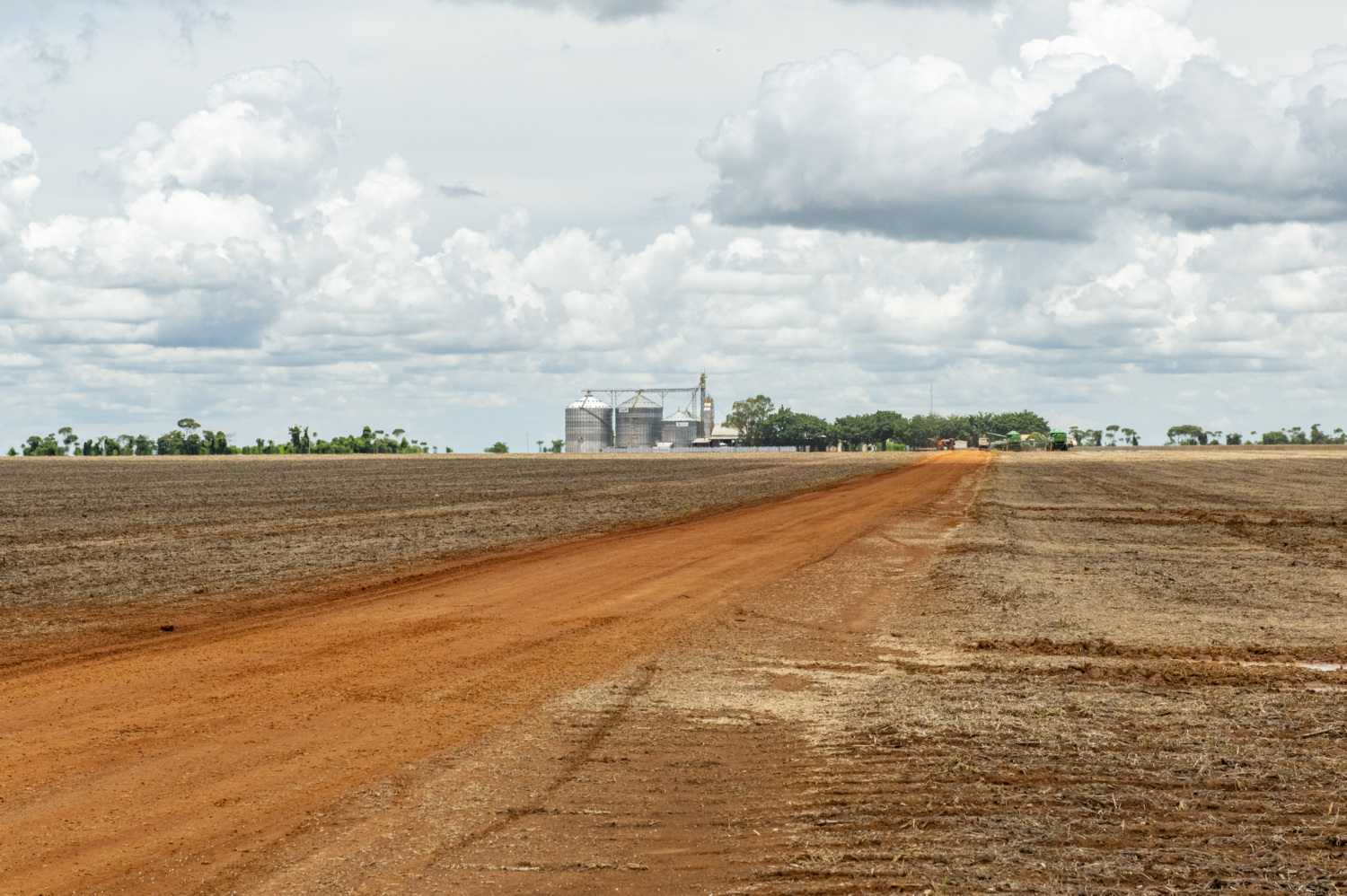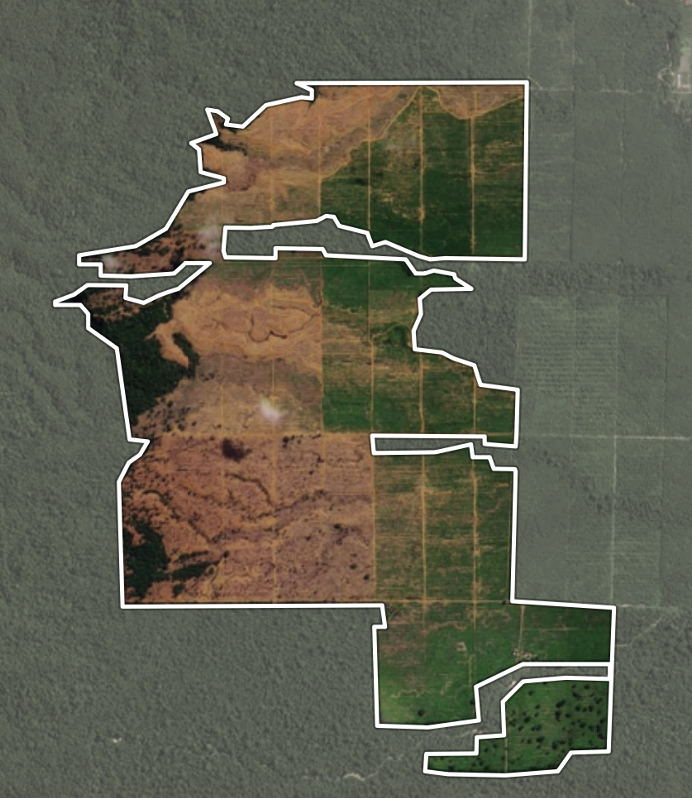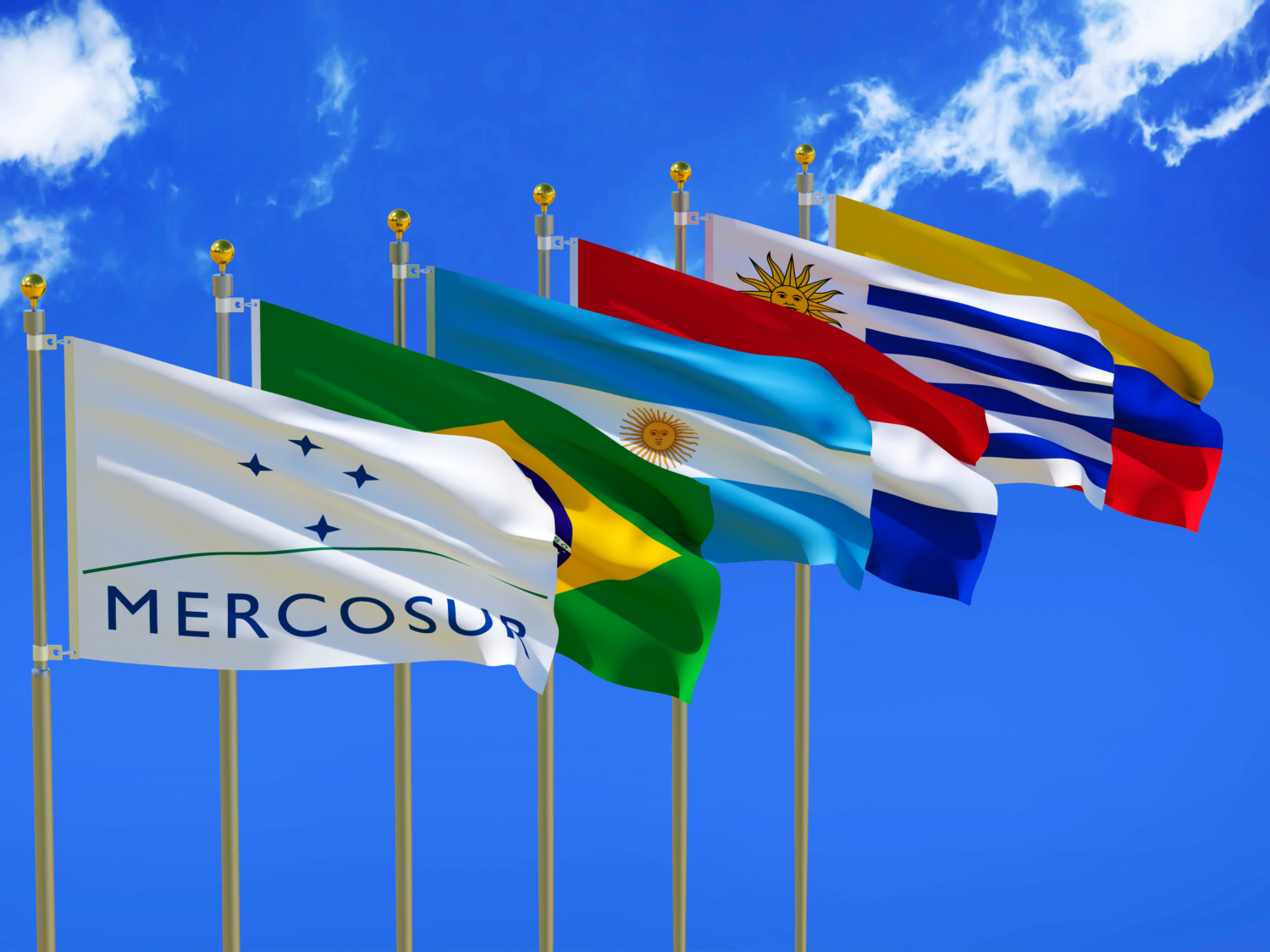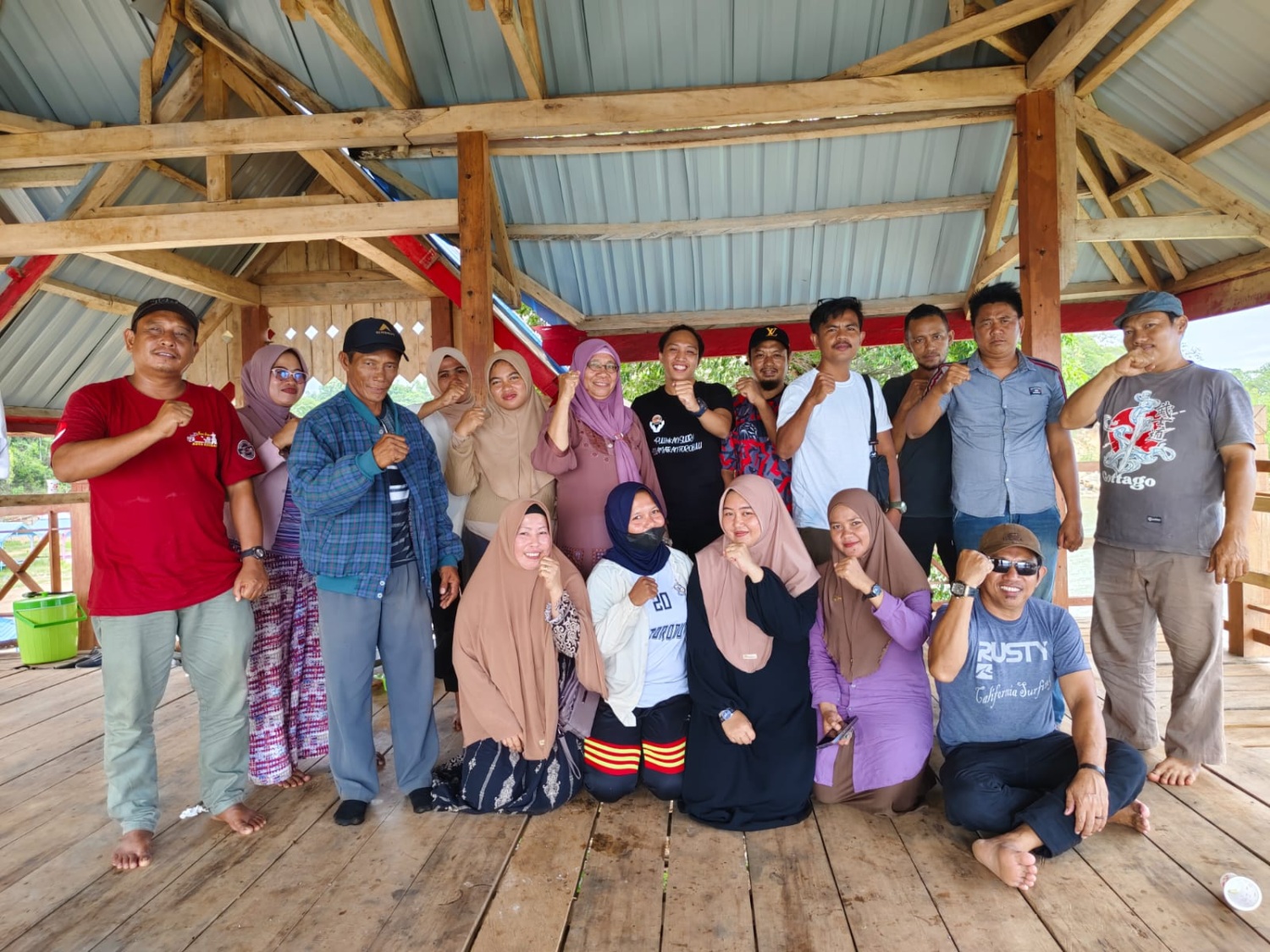
Fighting for a future: Women lead the resistance to nickel mining expansion in an Eastern Indonesian fishing community
By Thea Parson
As I write this blog, 12 community members from the coastal village of Torobulu in South East Sulawesi, eight of whom are women, are awaiting trial before the South Kanawe District Court following their refusal to give up their community’s land to a nickel mining company.
The incident signifies a concerning increase in the criminalization of environmental human rights defenders (EHRDs) in Indonesia’s Sulawesi and Maluku islands, where communities are facing intimidation, coercion, forced eviction, and the destruction of their livelihoods as a result of increased nickel mining and refinery activities over the past six years.
Environmental human rights defenders (EHRDs) are individuals and groups who strive to protect and promote human rights relating to the environment. Women environmental human rights defenders (WEHRDs) are crucial to protecting nature and its resources – as women have historically played and continue to play a massive role in championing nature.
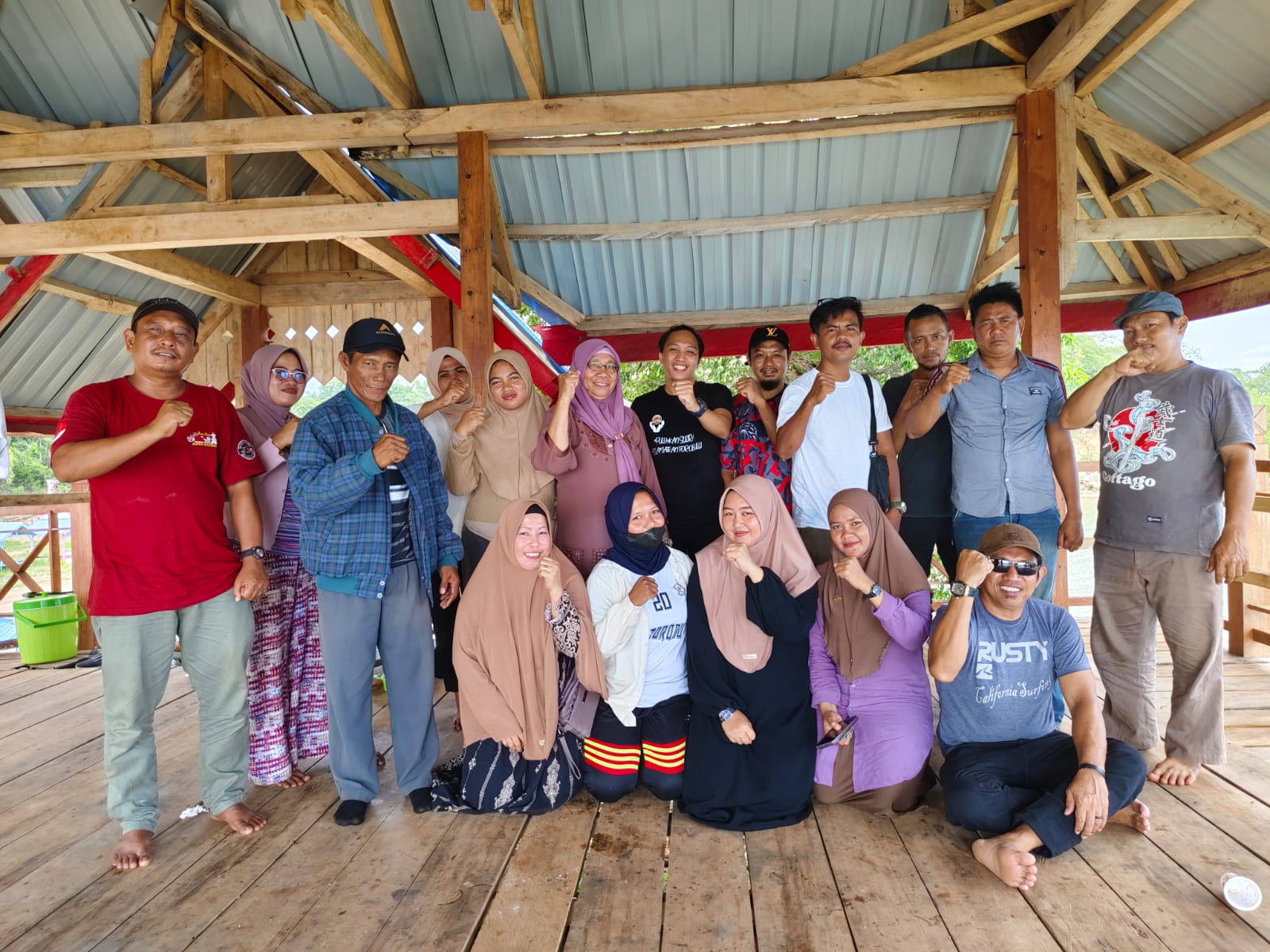
The specific criminalization of women in Torobulu is no coincidence. Women environmental human rights defenders and activists are often the targets of intimidation, in an attempt to coerce them into giving into corporate or government demands and thus creates a chilling effect on environmental activism.
Across Indonesia’s Sulawesi and Maluku islands, the term ‘just transition’ is seen by the people most affected by it as a farce. Whilst auto companies are rapidly expanding fleets of electric vehicles to meet demand in China, Europe and the US, coastal communities in Indonesia and the ecosystems they depend on are being threatened to make way for the extraction and processing of nickel, much of which will eventually make its way into batteries for electric vehicles.
The climate crisis is a global crisis, but its impacts are felt indiscriminately across the globe. Despite contributing the least to climate change, communities in Sulawesi and Maluku – whose diets and livelihoods are heavily dependent on subsistence fishing – have already been paying the price for the damages that polluting nations have caused to the planet. Sea temperatures in Eastern Indonesia have exceeded the critical threshold for coral and smaller marine life to survive– subsequently driving away larger marine life from many areas. This provides a direct threat to Torobulu residents, for whom fish is a staple food, and whose incomes rely on the traditional fishing activities. In turn, this is driving men further from their local area for fishing, and in many cases to find other forms of work, leaving women to support their households and children, whilst simultaneously defending their homes from the encroachment of the nickel industry.
At the same time, the West’s answer to the climate crisis – electric vehicles – is coming at a high cost to this region of Indonesia. We know the production of electric vehicles is a vital avenue towards creating a more sustainable future, but we must ensure the critical minerals used in automakers supply chains are free of environmental and human rights violations. Sulawesi and Maluku are the last remaining areas of Indonesian islands that have been (mostly) spared from the catastrophic impacts of large-scale deforestation for industrial agriculture. This was until the islands’ rich reserves were discovered. More information on this can be found here and in Mighty Earth’s upcoming report on the Indonesian nickel mining industry.
As we navigate the complex challenges of transitioning to a more sustainable future, it’s imperative that we center the voices and experiences of those most impacted by environmental degradation, including WEHRDs who tirelessly advocate for justice and equity in the face of environmental crises.
May this serve as a reminder for us to re-centre the term ‘just’ in the ‘just transition’. It is the responsibility for governments, corporations, and consumers to ensure that our ways out of climate breakdown are not inadvertently destroying lives, livelihoods and the environment at the same time. Ultimately, supporting women environmental human rights defenders in the just transition is not just a moral imperative but a strategic necessity. Their resilience, expertise, and unwavering commitment to justice are invaluable assets in the fight for a more sustainable and equitable future. Through working in solidarity with Women Environmental Human Rights Defenders, we can move closer towards realizing the vision of a world where environmental rights are upheld, and all communities thrive in harmony with nature.
